Building a website is a crucial step in establishing an online presence, whether you're launching a business, starting a blog, or creating a portfolio. A successful website isn't just about design—it's about functionality, user experience, and the ability to grow with your needs. Here are the top 10 essential features that every website should have to ensure it stands out, performs well, and meets its objectives.
1. Reliable Web Hosting
Your website’s performance heavily depends on the quality of your web hosting. Reliable web hosting ensures that your site is fast, secure, and accessible at all times. Look for hosting that offers high uptime guarantees, fast loading speeds, and robust security features like SSL certificates. Good web hosting also supports scalability, allowing your site to handle more traffic as your audience grows.
Groove Tutorials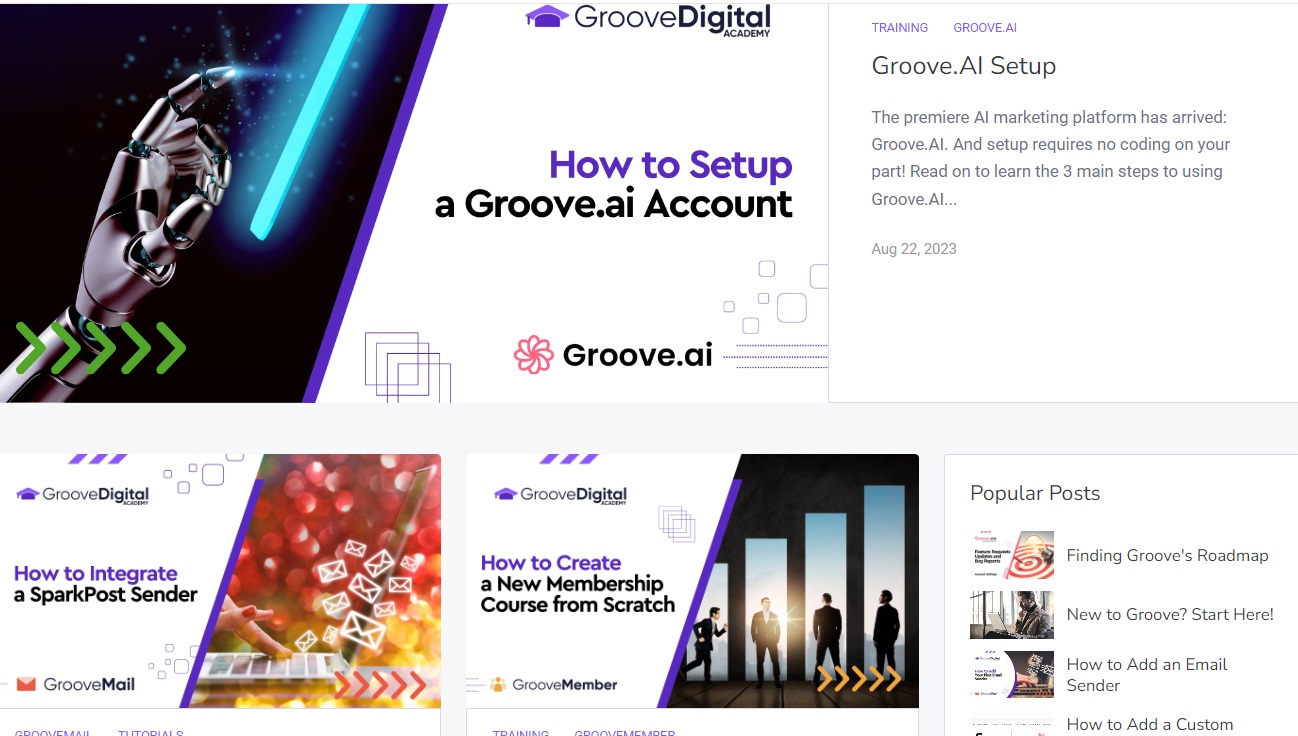
2. Integrated Video Hosting
Video content is a powerful way to engage your audience, whether it’s through tutorials, product demonstrations, or testimonials. Integrated video hosting allows you to upload and manage videos directly on your website without relying on third-party platforms. This ensures better control over your content, faster loading times, and a seamless experience for your users.
Groove Video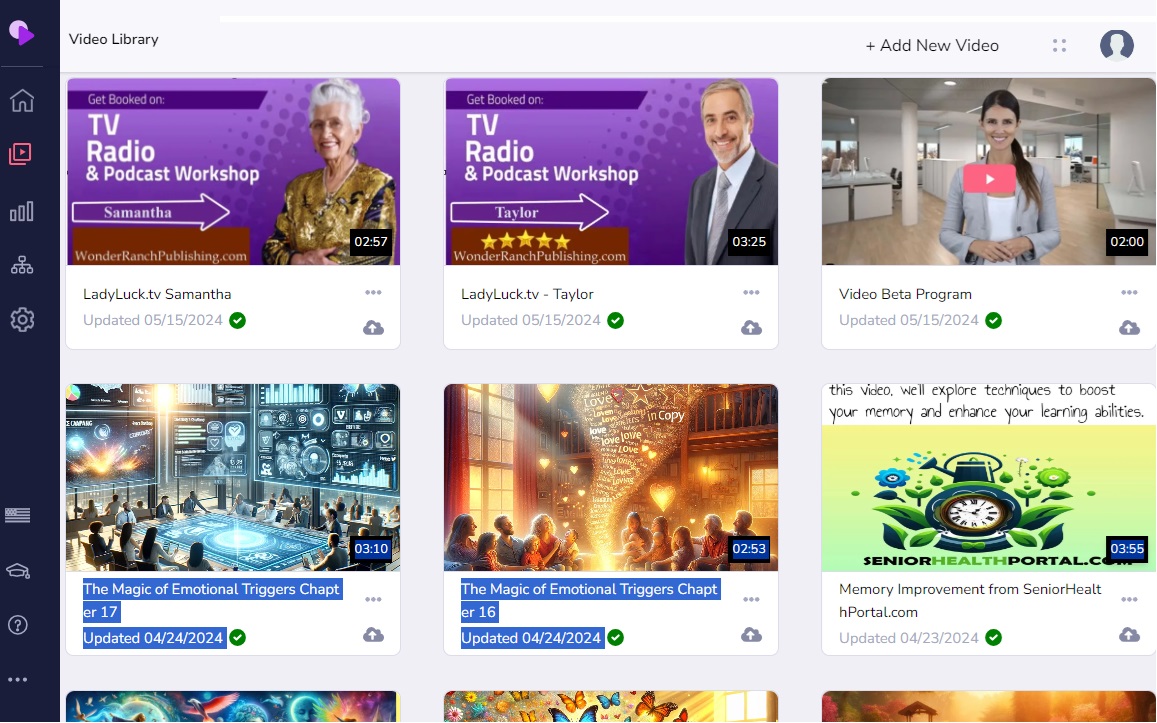
3. Effective Email Marketing Integration
Email marketing remains one of the most effective ways to reach and engage with your audience. A well-designed website should integrate email marketing tools that allow you to capture leads, build your subscriber list, and send targeted email campaigns. Features like automated email sequences, personalized content, and list segmentation can significantly enhance your marketing efforts.
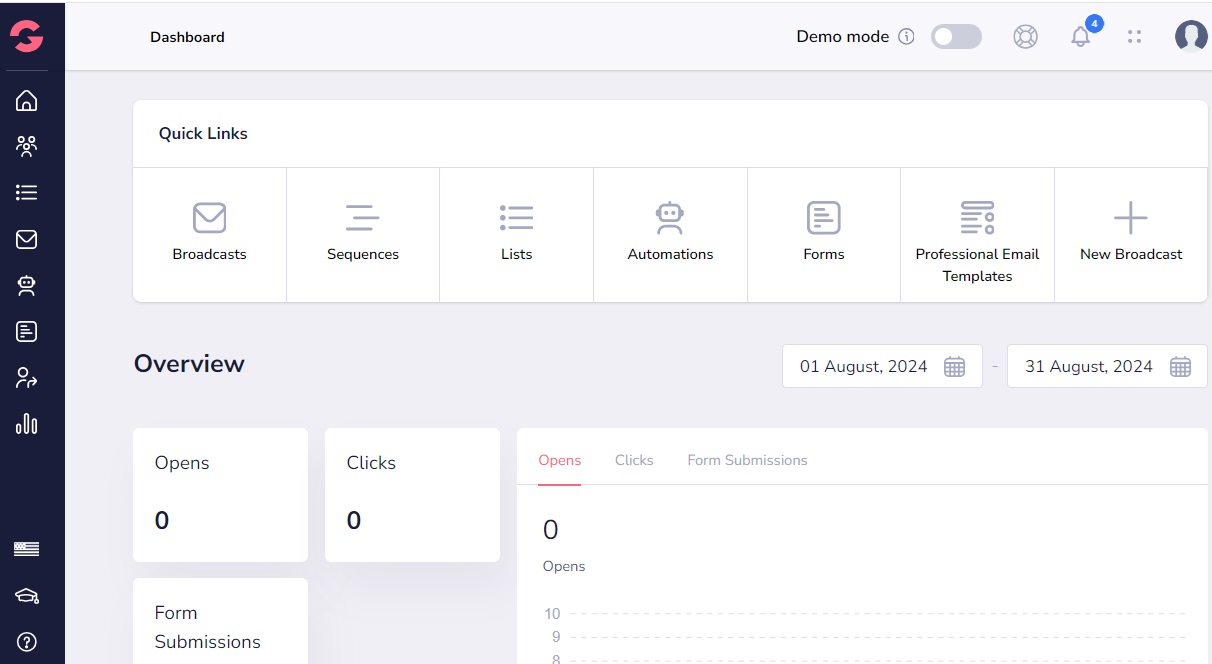
4. Customizable Contact and Feedback Forms
Forms are essential for collecting information from your visitors, whether it’s a simple contact form, a survey, or a feedback form. Customizable forms allow you to tailor the fields to your specific needs and ensure that the data you collect is relevant. Advanced form features like conditional logic, file uploads, and CAPTCHA verification can improve user experience and increase form submissions.
5. Social Proof Popups
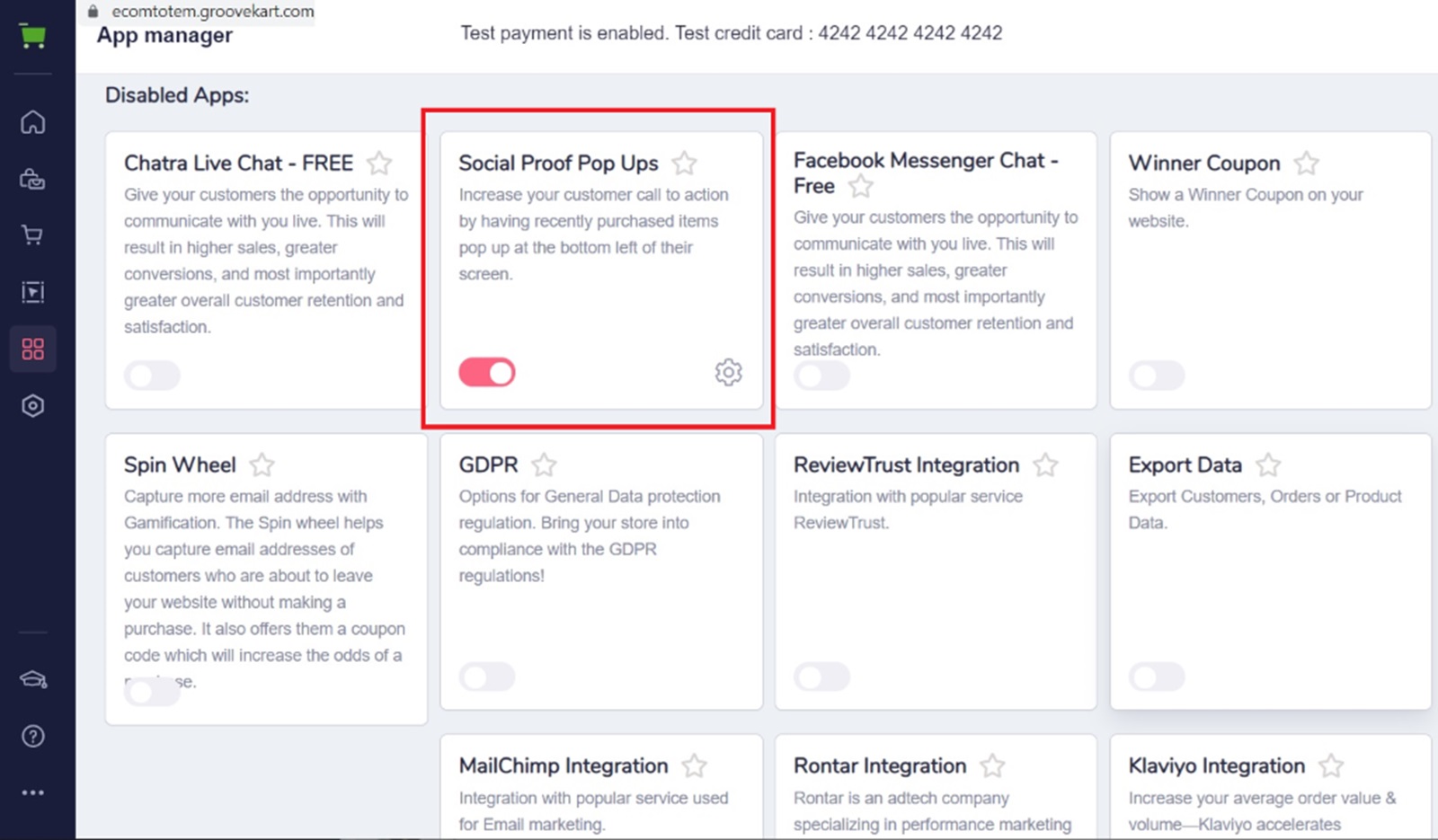
Social proof is a powerful tool for building trust and credibility. Social proof popups—such as notifications of recent purchases, sign-ups, or positive reviews—create a sense of urgency and encourage visitors to take action. These popups leverage the psychological principle that people are more likely to follow the actions of others, making them an effective way to boost conversions.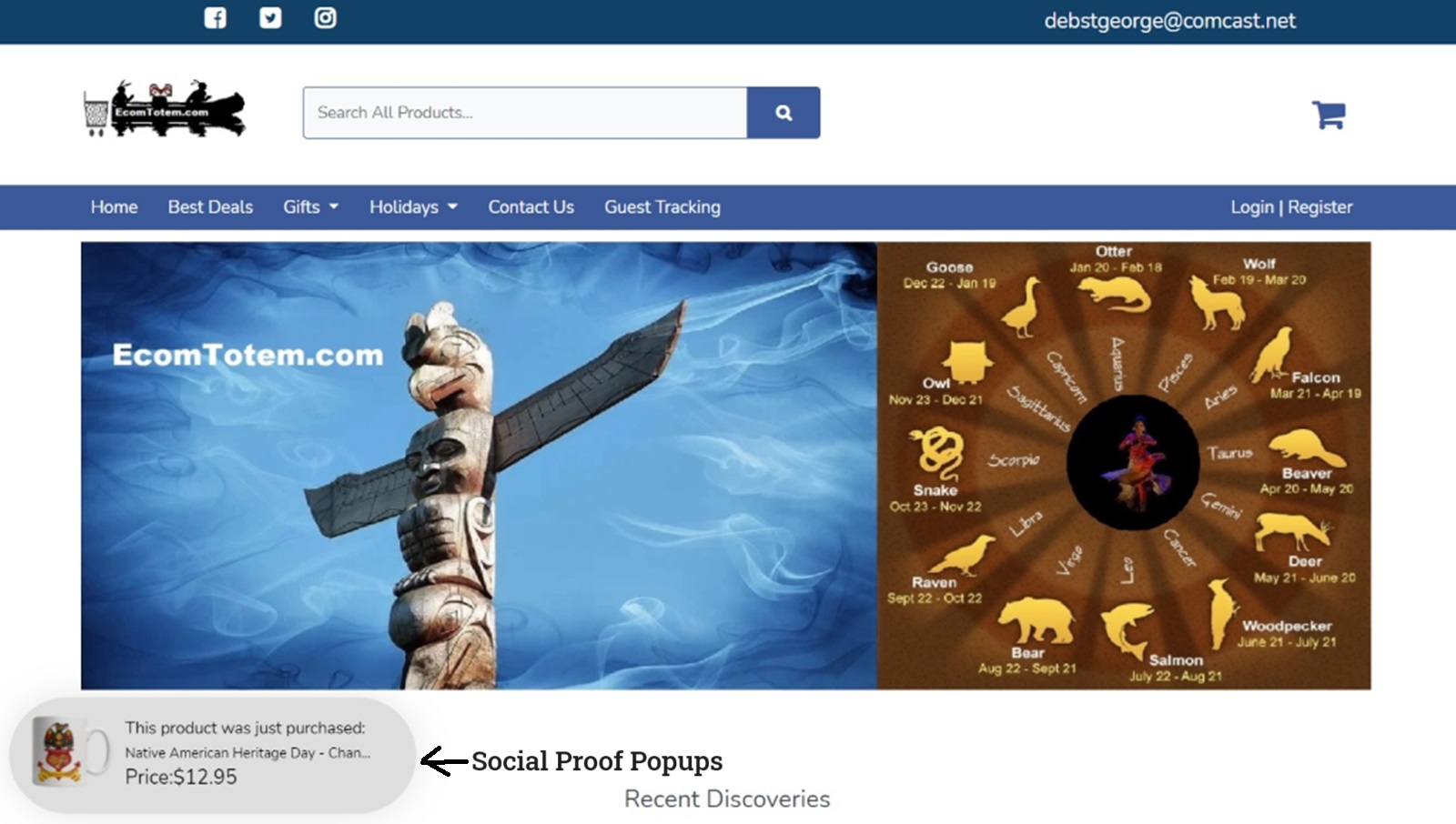
6. Mobile Responsiveness
With the majority of web traffic now coming from mobile devices, it’s essential that your website is mobile-responsive. This means that your site should automatically adjust its layout and design to provide a seamless experience across all devices, including smartphones and tablets. A mobile-responsive site ensures that all users, regardless of device, can easily navigate and interact with your content.
7. SEO-Friendly Architecture
Search engine optimization (SEO) is critical for driving organic traffic to your website. An SEO-friendly website structure includes clean code, fast loading times, and easy-to-read URLs. Additionally, it should offer built-in tools for optimizing meta tags, headings, and content. A well-optimized site not only ranks higher in search engine results but also provides a better user experience.
8. Secure E-Commerce Capabilities
If you’re selling products or services online, secure e-commerce capabilities are a must. This includes features like secure payment gateways, encrypted transactions, and easy-to-use shopping carts. Your e-commerce platform should also support inventory management, order tracking, and customer management to streamline your operations and improve the shopping experience.
9. Analytics and Tracking Tools
Understanding how visitors interact with your website is key to making informed decisions. Analytics and tracking tools provide insights into user behavior, including where your traffic is coming from, which pages are most popular, and how long visitors stay on your site. These tools help you identify areas for improvement and measure the effectiveness of your marketing strategies.
10. Content Management System (CMS)
A content management system (CMS) is essential for easily updating and managing your website content. A good CMS allows you to add, edit, and delete content without needing any coding knowledge. It also provides features like version control, user permissions, and SEO tools, making it easier to keep your website up-to-date and optimized for search engines.
Conclusion
Creating a successful website requires more than just a good design—it requires a combination of essential features that ensure your site is functional, user-friendly, and capable of growing with your needs. By incorporating reliable web hosting, integrated video hosting, effective email marketing, customizable forms, and social proof popups, you can build a website that not only looks great but also performs well and drives results.

